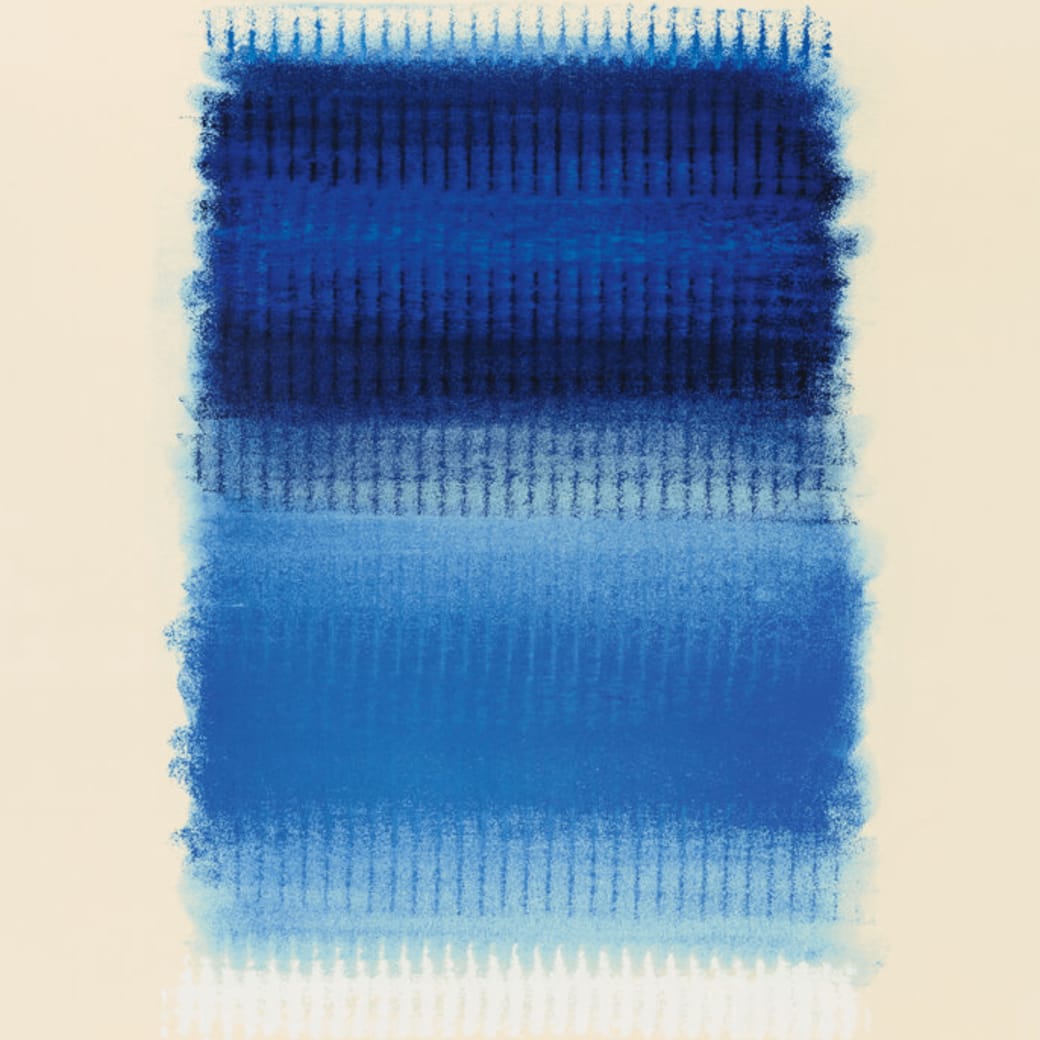Heinz Mack, born in 1931, in Lollar (Hesse, Germany), attended the Academy of Arts Düsseldorf during the 1950s. In 1957, together with Otto Piene, he founded the group ZERO in Düsseldorf.
Mack participated at Documenta II in 1959 and Documenta III in 1964, and represented The Federal Republic of Germany at the XXXVth Venice Biennale in 1970. That same year he was invited to Osaka, Japan, as a visiting professor. He also became a full member of the Berlin Academy of Arts, an organization to which he belonged until 1992.
Mack has been honored with major awards including the Art Prize of the City of Krefeld (Germany, 1958), the Premio Marzotto (1963), the 1st Prix arts plastiques at the 4th Paris Biennale (1965), first prize in the international competition Licht 79 in the Netherlands (1979), the Große Kulturpreis des Rheinischen Sparkassen-Verbands (1992) and the Cultural Prize of the city of Dortmund’s arts council (Germany, 2012). He also received the Grand Federal Cross of Merit with Star of the Federal Republic of Germany in 2011. In 2015, Mack was unanimously voted an honorary member of the Kunstakademie Düsseldorf by the academy's senate. In 2016, the city of Düsseldorf bestowed him with the Jan-Wellem-Ring. In 2017, he received the Moses Mendelssohn Medal.
The central theme of Mack’s art is light. Sculptures and pictures are the main media of his multifaceted oeuvre. His exceptionally diverse complete works include sculptures made of different materials: light-stelae, light-rotors, light-reliefs and light-cubes. His oeuvre also includes paintings, drawings, India ink, pastels, graphics, photography and bibliophilic works. Another important aspect of Mack’s work is the design of public spaces, church interiors, stage settings and mosaics.
Mack’s works have been shown in nearly 300 solo exhibitions and numerous group exhibitions. They are also found in 136 public collections. His work is also documented in numerous books and two films.

